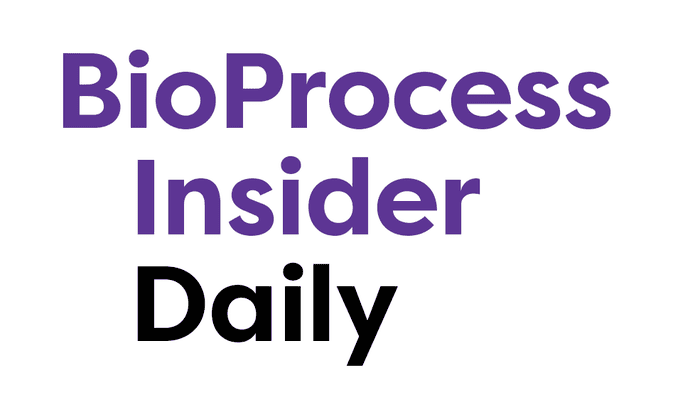
Our BioProcess Insider editorial team is at BPI Europe 2024 to bring you some of the most pertinent coverage from across the conference hall and exhibition floor here in Vienna.
Follow our coverage throughout the event!
The ‘fishy’ business of bioprocessing exposed at BPI EuropeThe ‘fishy’ business of bioprocessing exposed at BPI Europe
Lab-grown fish offers a sustainable alternative to current seafood production methods but suffers many of the same manufacturing-based pain points as the biopharma industry, says cultivated fish firm BLUU.

Cell-cultured meat production is rising significantly with MarketsandMarkets predicting the sector to reach $1.1 billion by 2034. But at BPI Europe this week, cell-cultured fish was on the menu with Gaye Cetinkaya Campari, team lead cell line development at BLUU serving up a sustainable alternative to the seafood industry based on bioprocess technology.
BLUU is developing what it describes as ‘high-tech seafood,’ growing protein in stainless steel bioreactors from fish donor cells. And just as growing monoclonal antibodies has its challenges, so too does growing Atlantic salmon in a lab in Germany.
“Fish have occupied entirely different niches of ecocystems and each species has its own optimal growth and media requirements,” she told delegates in Vienna, Austria. “Fish are polikothermic and the body temperature is affected by the ambient temp.”
Furthermore, she said that while there is transdifferentiation and no loss of a cell growth associated with this type of bioprocessing, the process does suffer from difficult cell characterization and slow cell growth. This is not helped by another reason that a monoclonal antibody (mAb)-maker may be familiar with, the high cost of media.
But BLUU continues to persevere to resolve issues with traditional seafood consumption, summed up by Cetinkaya Campari as the four 'U’s.’
“The current seafood production systems are broken and threatening our marine ecosystems.” She explained how a major issue is the destroyed oceans with “over 90% of wild fisheries classified as overfished or harvested at max capacity” meaning the world faces “the risk of dramatic biodiversity losses” leading to decreased productivity.
Consequently, this results in there being “a huge supply gap” that she defined as “unreliable.” Moving on to the next “U”, Campari brought up that the fish market is “unsustainable” and the significant need “to reduce the CO2 footprint” we are creating.
To back up her argument, she referenced various studies and highlighted the “global logistics for fish exceed almost any other shipped product category.” The third “U” in her talk brought up the “unhealthy” fish humans are consuming. Campari pointed out how “the healthy attribute of fish” is being “threatened by increasing contamination risks of microplastics, dioxins, mercury and antibiotics.”
The fourth “U” (“unethical) is undoubtedly one of the most debated topics surrounding the consumption of meat. She introduced the audience to staggering statistics, including how three trillion marine animals are killed each year and we must note “a huge amount of this is bycatch.”
With numbers as high as 63 million dead farmed salmon being registered in Norway last year, Campari posed the following question to the audience as food for thought (pardon the pun): “If we can eat seafood without killing, why wouldn’t we?”
About the Authors
You May Also Like

schedl_b_and_w.jpg?width=100&auto=webp&quality=80&disable=upscale)

schedl_b_and_w.jpg?width=400&auto=webp&quality=80&disable=upscale)






